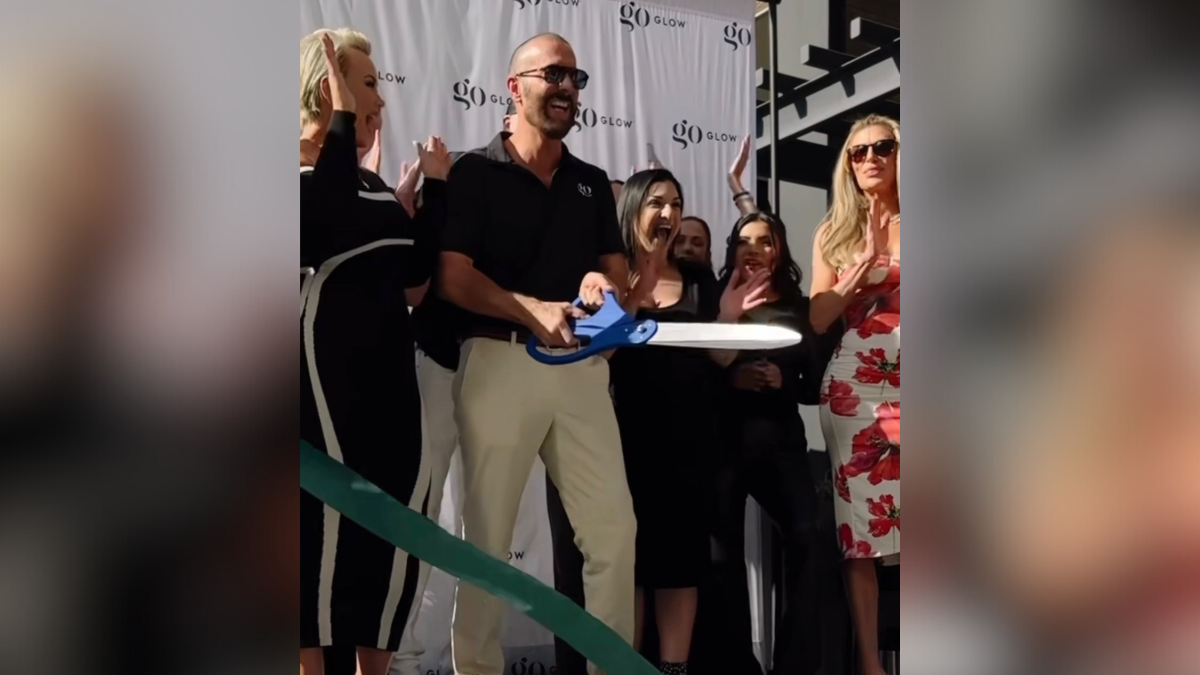10 Things You Need to Do After a Head Injury

April 10 2025, Published 2:00 a.m. ET
Most of us have had the experience of bumping our heads or getting struck in the head with a flying object. But it’s important to take significant head injuries much more seriously. Even a relatively minor head injury could have long-term consequences for your health and wellbeing.
So what steps should you take to mitigate them?
Why You Need to Take Head Injuries Seriously
Traumatic brain injuries (TBIs) can be very serious. In some cases, the danger is imminent and obvious; after a traumatic head injury, your life could be in danger and you might exhibit a number of troubling symptoms. But in other cases, the danger is less obvious. You might have few, if any symptoms at all, but you might have suffered significant long-term damage - this often occurs during sporting events, where players continue playing after an injury. Did you know that children and teens account for about 70% of sports-related TBIs?
Without proper care and recovery, you may lose the ability to mitigate this type of damage and open yourself up to more complications in the future.
Should You Go to the Hospital?
Head injuries vary in terms of severity and the urgency at which you need to seek help. If you've been hit in the head, or if you're near someone who has, you may wonder whether it's truly appropriate to go to a hospital for emergency care.
If you notice any of these symptoms, it's probably a good idea to go to the hospital immediately:
- Ongoing vomiting.
- Significant nausea.
- Loss of consciousness for more than 30 seconds.
- A headache that keeps getting worse.
- Vision changes.
- Aberrant eye activity.
- Blood or fluid draining from the nose/ears.
What to Do After a Head Injury
Otherwise, after a head injury, these are the appropriate steps to take:
1.Get the appropriate medical attention. First, you need to get some kind of medical attention. If you're not exhibiting a host of troubling symptoms, you may not need to go to a hospital right away, but you should at least go to urgent care or schedule an appointment with your primary care provider. This way, you'll be able to determine the scope of potential damage and determine the best path forward for your recovery.
2.Stay as still as possible. Immediately after the injury, you should remain still. This will give your body time to recover and prevent you from overexerting yourself. Consider not moving until help arrives.
3.Avoid disrupting the head and neck. You should especially avoid disrupting the head and neck in the immediate aftermath of a head injury. Even relatively minor movements here could cause complications, so leave it to the professionals to handle the patient appropriately. If the injured party is wearing a helmet,don’t remove it.
4.Apply pressure to any wounds. If the traumatic injury dealt wounds, apply pressure to those wounds with sterile bandages if possible. Pressure will help stop the bleeding, at least until help arrives.
5.Pay attention to changes to alertness and breathing. Pay close attention to any changes in alertness or breathing. If the patient begins breathing more rapidly, that could be a troubling sign and an indication that emergency care is necessary. If the patient seems dazed, unable to focus, or otherwise “out of it,” that's another bad sign, especially if this symptom gets worse.
6.Get rest. For most head injuries, rest is the ideal solution for recovery. The patient should get as much rest as possible, limiting themselves to activities that don't require much movement, concentration, or complicated thinking patterns. It might be several days, or even longer, before you start feeling like normal again.
7.Stay hydrated.Hydration may play an important role in long-term recovery from concussions and head injuries. Make sure you or the injured party gets plenty of water in the days and weeks following the accident.
8.Relieve the pain. As you might imagine, head injuries are typically associated with significant pain, including lingering headaches. Over the counter (OTC) pain medications like acetaminophen and ibuprofen can be helpful in dealing with this pain, but make sure you follow the instructions properly.
9.Avoid complicating substances. In the aftermath of a head injury, it's best to avoid substances that might interfere with your recovery, such as alcohol, tobacco, or other controlled substances. Stick to water, healthy foods, and occasional OTC pain medications, along with anything you've been prescribed.
10.Actively monitor. Finally, make sure someone can actively monitor the patient. If there are any significant changes in symptoms or behavior patterns, they may require additional medical attention.

If you act quickly and appropriately after a head injury, you can minimize damage and maximize your chances of a full recovery. Even relatively minor head injuries can result in a traumatic brain injury (TBI) with lasting consequences, so you can't afford not to take this matter seriously.
The information contained in or available through this article is general in nature; it is not intended to be medical advice or a substitute for obtaining medical advice.The author makes no representation and assumes no responsibility for the accuracy of information contained in this article.You are encouraged to confirm any information obtained from or through this article with other sources and review all information regarding any medical condition or treatment with your physician.
This article is for informational purposes only and does not substitute for professional medical advice. If you are seeking medical advice, diagnosis or treatment, please consult a medical professional or healthcare provider.


